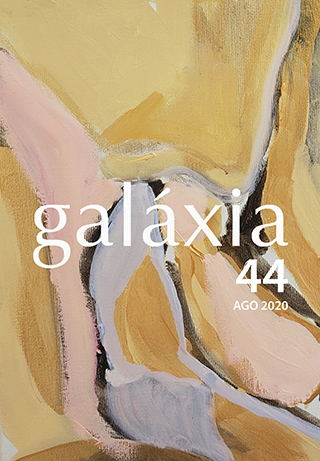Let us try to assume our fundamental ambiguity: on the art of getting beyond identity politics
Mots-clés :
ambiguity politics, identity politics, organic crisis, aesthetic ambiguity.Résumé
Inspired by Antonio Gramsci, sociologist Pascal Gielen defines the last decade as one of ‘organic crisis’. In such periods many (economic, political, ecological) crisis follow each other while the hegemonic order cannot deal with them anymore in a convincing way, and a new political paradigm that can sufficiently deal with them is not yet invented. In such a period the oppositions between left and right, between different ethnic groups, or between genders start to become more black & white. That’s why Gielen thinks also identity politics is problematic or has at least a very problematic flip side that is contra-productive for finding solutions for this crisis. Instead, we need to develop a so-called ambiguity politics inspired by ambiguity aesthetics, that could deal in a better way with the problems and contradictions of this contemporary world of rambling causalities. Such a politics is based on the recognition of the Other in ourselves and on the understanding of ourselves and our societies as fundamentally ambiguous.Téléchargements
Publié-e
2020-07-06
Comment citer
Gielen, P. (2020). Let us try to assume our fundamental ambiguity: on the art of getting beyond identity politics. GALÁxIA. Revista Interdisciplinar De Comunicação E Cultura, (44). Consulté à l’adresse https://revistas.pucsp.br/index.php/galaxia/article/view/47796
Numéro
Rubrique
Artigos | Articles
Licence
Os autores de artigos publicados mantêm os direitos autorais de seus trabalhos, licenciando-os sob a licença Creative Commons CC-BY, que permite que os artigos sejam reutilizados e distribuídos sem restrição, desde que o trabalho original seja corretamente citado. Os autores concedem para GALÁxIA. Revista Interdisciplinar de Comunicação e Cultura o direito de primeira publicação.



 Este obra está licenciada com uma Licença
Este obra está licenciada com uma Licença 